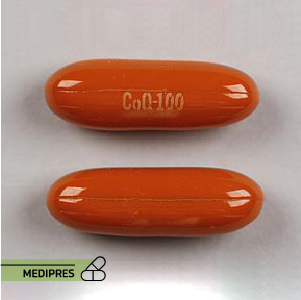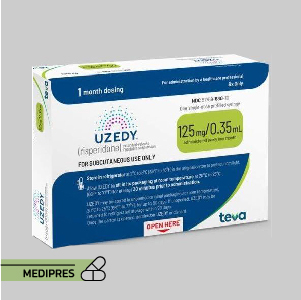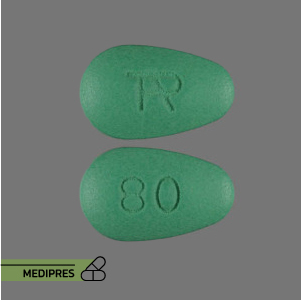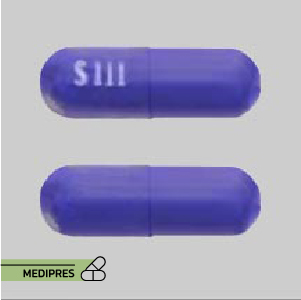
Trokendi XR
23 June, 2023
Udenyca
23 June, 2023Ubiquinone
Generic name: Ubiquinone (Coenzyme Q-10)
Drug class: Nutraceutical products
Dosage forms: Capsule, Liquid, Tablet, Chewable tablet, Disintegrating tablet
Root of administration: Oral
Dose: Capsule: 30, 50, 60, 100, 200, 300, 400 mg, Liquid: 10 mg/mL; 90 mg/ml, 100 mg/ml, 100 mg/5 mL; 200 mg/5 mL, Tablet: 60 mg, Tablet, chewable: 100 mg, Tablet, disintegrating: 90 mg.
Mechanism of action: Ubiquinone is a vitamin-like substance that is made naturally in the body. Ubiquinone is also known as Co Q-10, Coenzima, Ubidcarenone, Ubidécarénone, and Ubiquinol. Ubiquinone is likely effective in alternative medicine as an aid in treating coenzyme Q-10 deficiency, or reducing the symptoms of mitochondrial disorders (conditions that affect energy-production in the cells of the body).
Drug usage cases: Ubiquinone is also possibly effective in preventing migraine headaches, lowering blood pressure, reducing tissue damage after surgery, or preventing a second heart attack. Ubiquinone is also possibly effective in improving symptoms in people with congestive heart failure, nerve problems caused by diabetes, multiple sclerosis, fibromyalgia, muscular dystrophy, or a physical deformity of the penis (such as Peyronie’s disease). Ubiquinone has also been used to treat Alzheimer’s disease, diabetes, amyotrophic lateral sclerosis (Lou Gehrig’s disease), tiredness caused by taking cancer drugs, symptoms of Parkinson’s disease, or muscle symptoms affecting Polio survivors. However, research has shown that ubiquinone may not be effective in treating these conditions. Research also has shown that ubiquinone is not likely to be effective in increasing athletic performance or slow the progression of Huntington’s Disease. Other uses not proven with research have included treating asthma, COPD, cancer, diabetes, certain heart problems, hepatitis C, kidney problems, muscle problems caused by taking ‘statin’ cholesterol medicine, and other conditions. It is not certain whether ubiquinone is effective in treating any medical condition. Medicinal use of this product has not been approved by the FDA. Ubiquinone should not be used in place of medication prescribed for you by your doctor. Ubiquinone is often sold as an herbal supplement. There are no regulated manufacturing standards in place for many herbal compounds and some marketed supplements have been found to be contaminated with toxic metals or other drugs. Herbal/health supplements should be purchased from a reliable source to minimize the risk of contamination.
Drug contra indications: Ask a doctor, pharmacist, or other healthcare provider if it is safe for you to use this product if you have ever had:
heart problems, high or low blood pressure; if you are receiving chemotherapy; or if you smoke. Do not give any herbal/health supplement to a child without a doctor’s advice.
Side effects: Get emergency medical help if you have signs of an allergic reaction: hives; difficult breathing; swelling of your face, lips, tongue, or throat. Although not all side effects are known,
ubiquinone is thought to be likely safe for most adults when used as directed. Stop using ubiquinone and call your healthcare provider at once if you have:
very low blood pressure–dizziness, severe weakness, feeling like you might pass out.
Warnings: Follow all directions on the product label and package. Tell each of your healthcare providers about all your medical conditions, allergies, and all medicines you use.
Use during pregnancy or breastfeeding: Ask a doctor before using this product if you are pregnant or breastfeeding.



